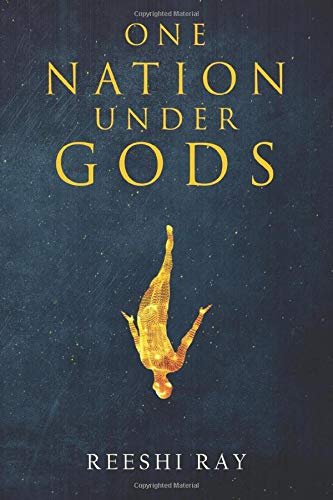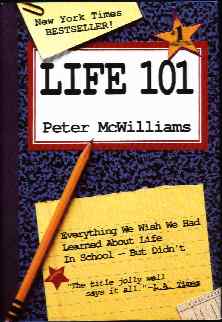finbad
Formerly known as Hi-Finthen
Walt Whitman (1819–1892). Leaves of Grass. 1900.
166. O Me! O Life!
| O ME! O life!... of the questions of these recurring; | |
| Of the endless trains of the faithless—of cities fill’d with the foolish; | |
| Of myself forever reproaching myself, (for who more foolish than I, and who more faithless?) | |
| Of eyes that vainly crave the light—of the objects mean—of the struggle ever renew’d; | |
| Of the poor results of all—of the plodding and sordid crowds I see around me; | |
| Of the empty and useless years of the rest—with the rest me intertwined; | |
| The question, O me! so sad, recurring—What good amid these, O me, O life? | |
| Answer. That you are here—that life exists, and identity; | |
| That the powerful play goes on, and you will contribute a verse. | |

































